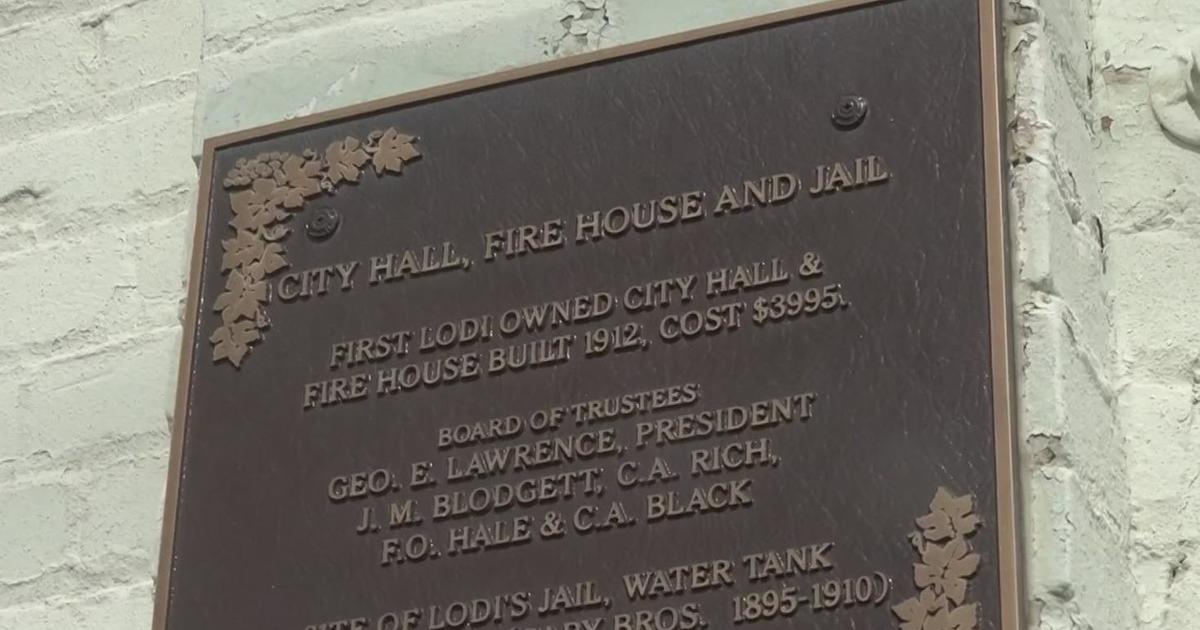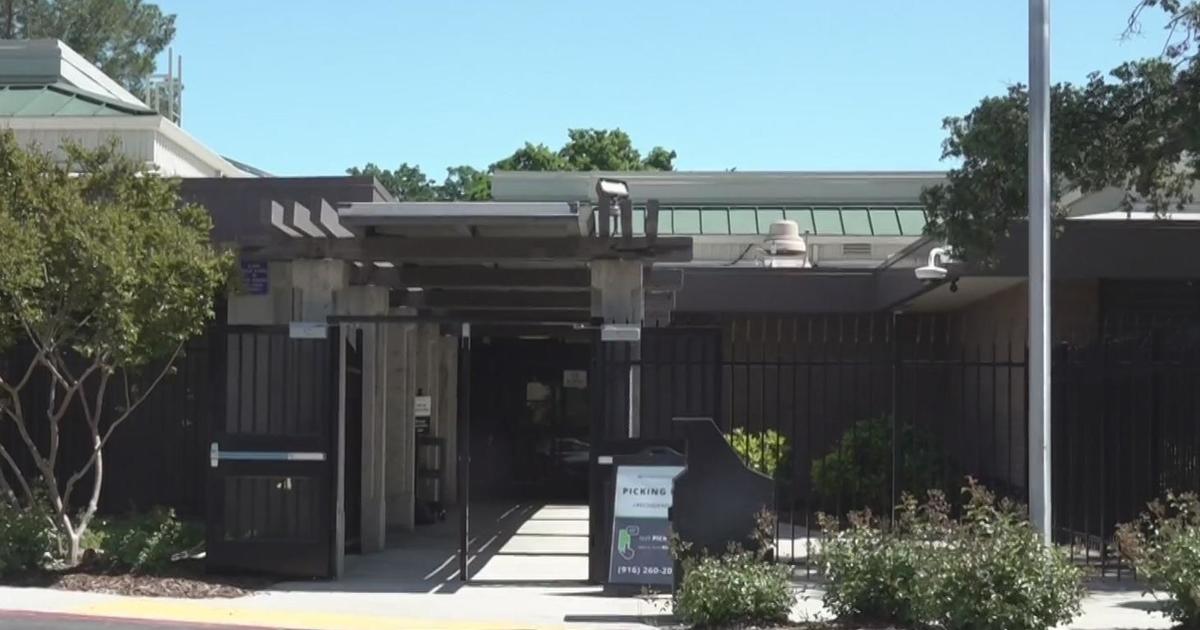Businesses Push Back On Calif. Regulations
SACRAMENTO, Calif. (AP) -- As the president of an office and retail property firm in Sacramento, Tim Cahill is used to keeping buildings up to snuff. But he often feels boxed in by California's myriad regulations, including one being phased in this year that requires him to conduct energy audits of his tenants even though they pay their own utilities.
"I'm not sure anybody understands the state system," said Cahill, president of Charles C. Bell Inc. "It can be expensive and it can also be extremely frustrating -- and I don't know which is worse."
Under pressure from the slow pace of the economic recovery, California's business interests are pushing back on the state's stringent workplace protections and environmental rules. They say the Golden State remains a hotbed of entrepreneurial innovation but regulations squelch growth, and the state can no longer demand so much at a time when the job market remains weak.
U.S. Bureau of Labor Statistics data shows that California lost more than 600,000 private sector jobs over the past decade, the biggest loss in the nation; best-in-the-nation Texas added more than 700,000 private sector jobs over the same period. While California has added back roughly 200,000 jobs in the past six months, the jobless rate remains just below 12 percent and there's still a long road back to single-digit unemployment.
Job creation has become such a priority that Democrats, who control the governor's office and both houses of the Legislature, are trying to grapple with the issue. That's given hope to business groups and executives that the state will rip out some of the tens of thousands of pages of business regulations, or at least replace them with simpler rules.
Republican lawmakers have once again made regulatory relief one of their key goals in budget negotiations with Gov. Jerry Brown, but it's still unclear how much they will get.
Most bills the GOP introduced this year addressing specific regulations that chafe businesses -- from rules about meal breaks and overtime to environmental reviews that can last years -- have stalled or died in committees controlled by Democrats.
While some Democratic-backed reform bills have been passed, Sen. Bob Huff, R-Diamond Bar, called them "toothless" and said the failure to aggressively revise California's onerous system would cost the state jobs.
Republicans have pushed for bills targeting single regulations, such as eliminating an $800 minimum corporate tax on small businesses or making it easier to schedule workers on flexible schedules without overtime. The GOP has also targeted the system as a whole through automatic expiration of regulations after a few years or requiring a review of the whole structure to weed out duplication and conflicts.
Several companies have made well-publicized announcements in recent months that they're leaving or moving future expansion to other states, and Chief Executive magazine's survey this month of U.S. CEOs chose California as the worst state in which to do business -- for the seventh year in a row.
While many businesses complain that the state's regulations discourage expansion and job growth, there's little firm evidence that the long-bemoaned high-tax and regulation-heavy business environment is sending entire companies fleeing to other states.
The Public Policy Institute of California, a nonpartisan think tank based in San Francisco, released a report last month looking at why California's economy continued to grow at roughly the same rate as the national average over the past 30 years despite low ratings on business-climate indexes. The report found that many such indexes used narrow criteria and simplistic comparisons that don't capture the state's natural advantages, such as good weather.
PPIC concluded that some economic growth is associated with less spending on welfare and a more uniform and simple corporate tax structure.
"Plenty of companies start up in California and that's hugely important to our economy, but when you get to the next level they don't generally grow big here," said Loren Kaye, president of a think tank affiliated with the California Chamber of Commerce.
And for Brown's administration grappling with weak economic growth, that message resonates.
A broad coalition of business interests has given conditional support to the governor's budget proposal for next year in exchange for promises that he'll improve the state's business climate.
Brown's revised budget proposal, released this month, included five-year extensions of the state's sales tax and vehicle license fees, and a four-year extension of higher income tax rates, if approved by voters. But it included sales tax breaks for purchase of business equipment and incentives for companies that create jobs. Senate President Pro Tem Darrell Steinberg, D-Sacramento, has backed a bill to eliminate duplicate regulations and streamline permitting.
"We believe the governor is on the right track," said Carl Guardino, president of the Silicon Valley Leadership Group, which represents 340 companies employing 250,000 people in all. The group was one of a dozen business organizations that recently called for a budget compromise that includes tax extensions, lower pension costs for public employees and regulatory reform, particularly to reduce the delays caused by reviews under the California Environmental Quality Act.
Lt. Gov. Gavin Newsom, a Democrat, is also working with Assembly Speaker John Perez, D-Los Angeles, on a bill that would revamp the state's economic development efforts to encourage job growth and attract businesses.
Newsom admits to having his own troubles with CEQA, both as a business owner and as San Francisco mayor, where environmental challenges kept plans for city bike lanes on hold for four years. That's one area where he believes California could make regulation more predictable and reduce the risk of litigation for businesses while still preserving environmental protection.
"It's a non-partisan issue, job creation," he said. "I feel like the time is right and the politics are changing."
Even labor unions, hurt by the economic downturn that has cost members their jobs, are more receptive to regulatory changes.
"I think there's some common ground," said Steve Smith, spokesman for the California Labor Federation. He noted that the union will continue to defend worker protections such as overtime after eight hours of work.
But changes may not come soon enough for some businesses.
Andrew Puzder has become something of a poster CEO for the regulatory reform effort. Puzder runs Carpinteria-based CKE Restaurants, which operates the Carl's Jr. and Hardee's fast-food chains. Early this year he announced that he would halt new restaurants in California and instead open 300 restaurants in Texas in the next decade, adding some 8,000 jobs including managers who make more than $40,000 a year and bonuses.
Puzder estimated that construction review and permits in California can add $50,000 and as much as two years to the task of opening a restaurant. In Texas, he said, it can take as little as six weeks from signing a lease to pulling building permits.
In California, Puzder said, managers are treated as hourly employees and the company has to pay them overtime and limit their hours to protect itself from lawsuits.
Tom Thompson is a CKE franchisee with 59 restaurants in the San Francisco Bay area and the Central Valley. He said he went through a three-year process of trying to build a restaurant in the Fresno area only to see planners at the state and local level impose improvements for the disabled at an adjacent intersection and an unwanted double drive-through lane. He decided to pull the plug.
"That was five years ago; the property is still vacant," Thompson said.
(Copyright 2011 by The Associated Press. All Rights Reserved.)



